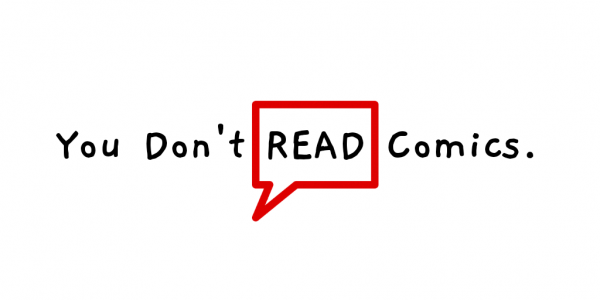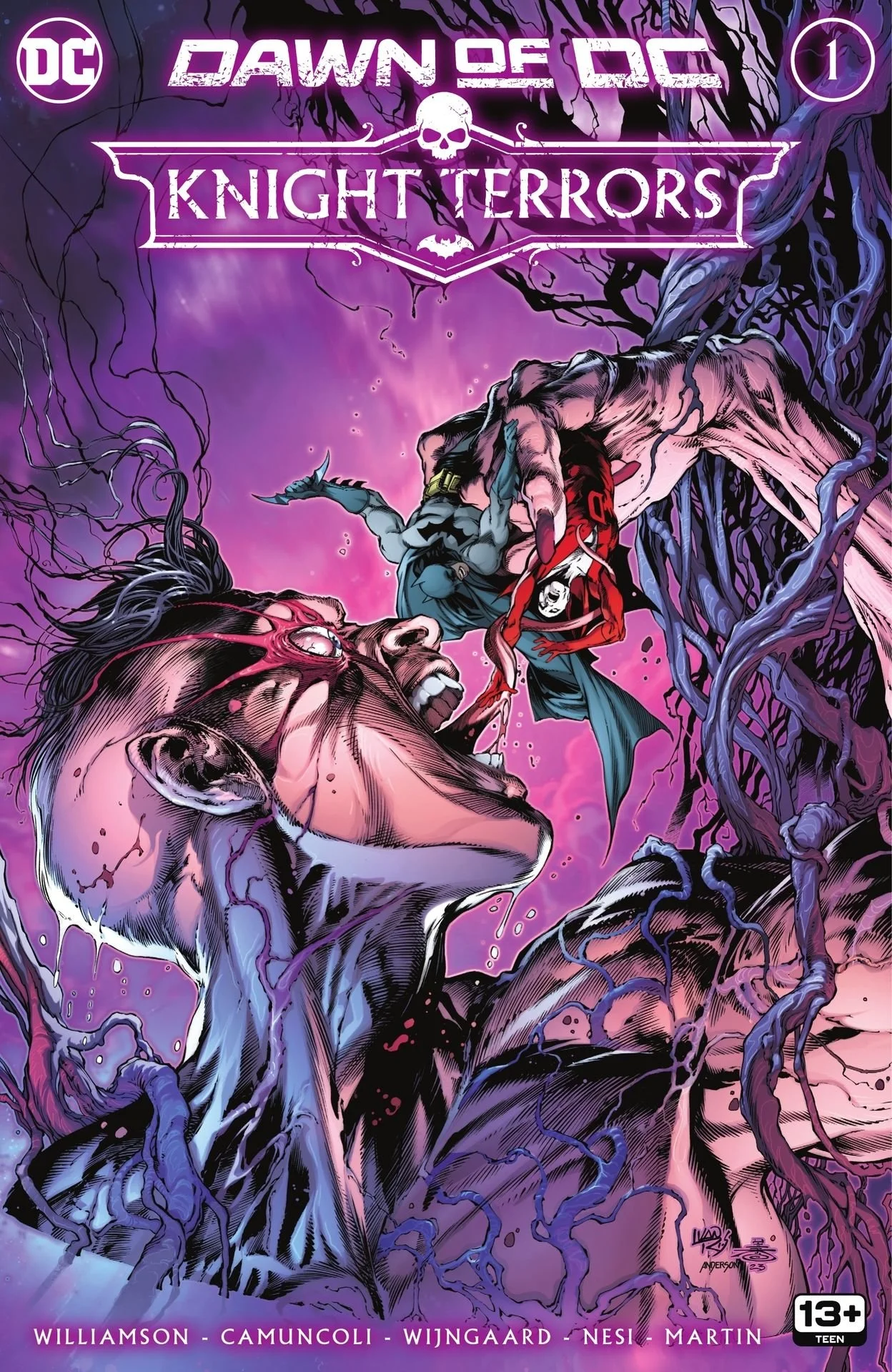Wilson’s dialogue is as crisp as ever.
Panya: The Mummy’s Curse #1 // Review
Mignola and Roberson do a very clever job of establishing the story's place in history.
The Lonesome Hunters: The Wolf Child #1 // Review
The drama-heavy issue is filled with lots of moody, atmospheric silences.
Amazing Spider-Man #29 // Review
Wells has really switched the direction of the series into action/comedy mode.
Scarlet Witch #6 // Review
The whole thing feels remarkably engaging.
Superboy: The Man of Tomorrow #4 // Review
The casual brutality at the end of the issue is a bit intense.
Savage Squad 6 #1 // Review
Venditti and McKinney pound the story into the page with a clever poetry.
Knight Terrors: Robin #1 // Review
Mendonca and Lucas maintain a crazy energy about the nightmare.
Knight Terrors #1 // Review
Williamson has a classy sense of language.
Harley Screws Up the DCU #6 // Review
The big climactic conclusion is seriously funny.
Knight Terrors: The Flash #1 // Review
Bayliss and Monti keep the emotional end of the conflict solidly grounded.
Knight Terrors: Shazam! #1 // Review
Waid’s narrative is subtly trippy on a number of different levels.
Gargoyles: Dark Ages #1 // Review
Weisman cleanly opens a primal and well-defined conflict of simple elements.
Lord of the Jungle #6 // Review
Jurgens has constructed a solid ending.
Bettie Page #2 // Review
Andolfo and Blengino move the action around with a deft hand.
Stoneheart #5 // Review
As a writer, Kubert knows her own strengths as an artist.
Starsigns #3 // Review
It’s a simple and primal idea.
Knight Terrors: Zatanna #1 // Review
A Culver-written Zatanna series would be great fun.
Unstoppable Doom Patrol #4 // Review
Directionless energy allows Culver to explore the skewed psyches of his characters,
Something Epic #3 // Review
Kudranski’s attempts at the profound only occasionally brush against something other than cliche.




















